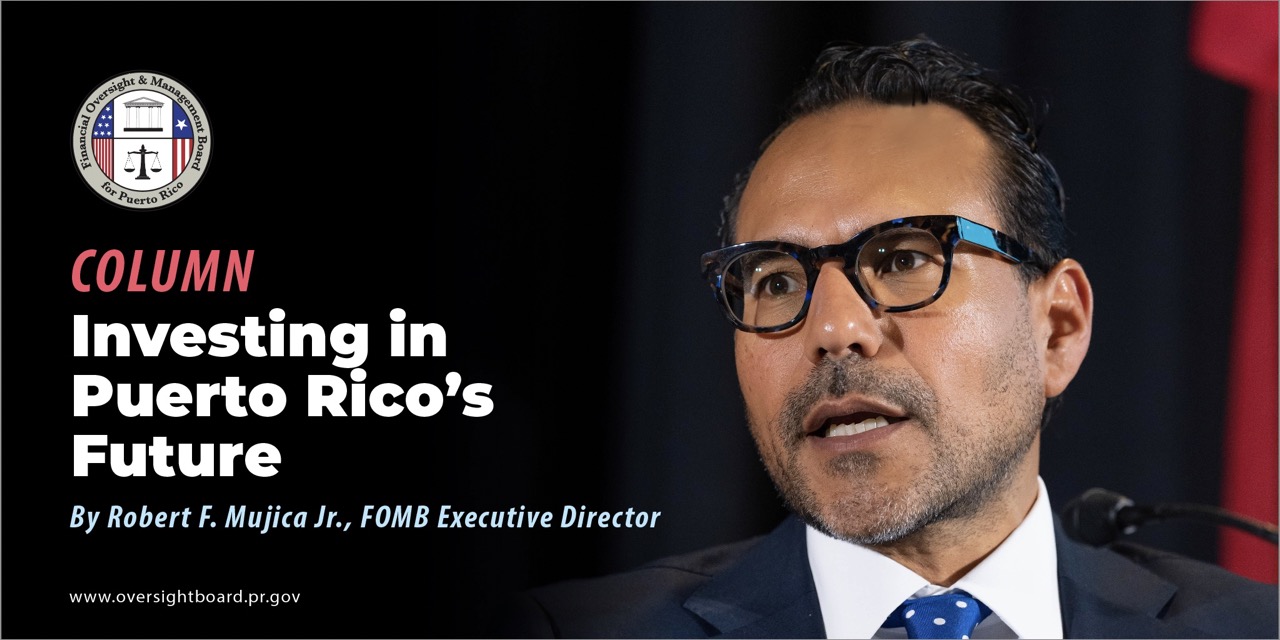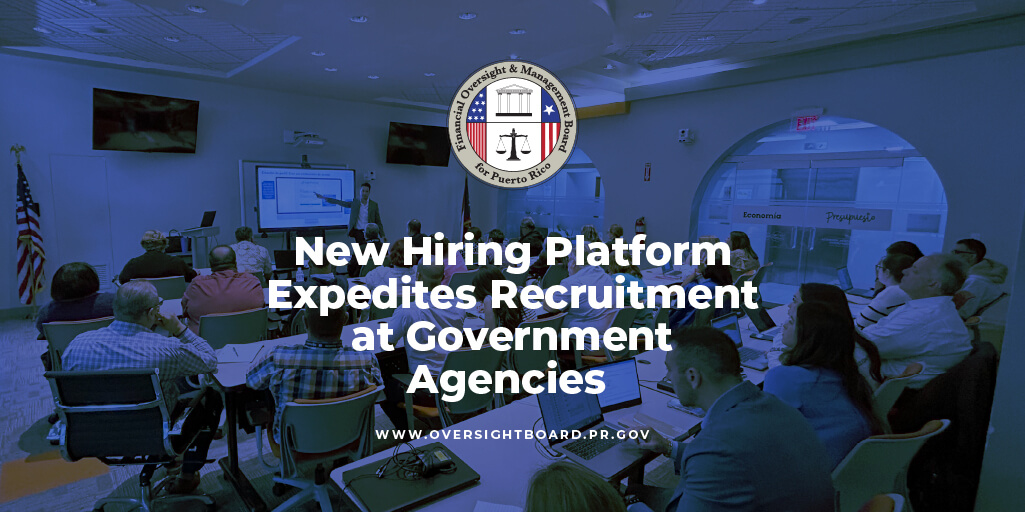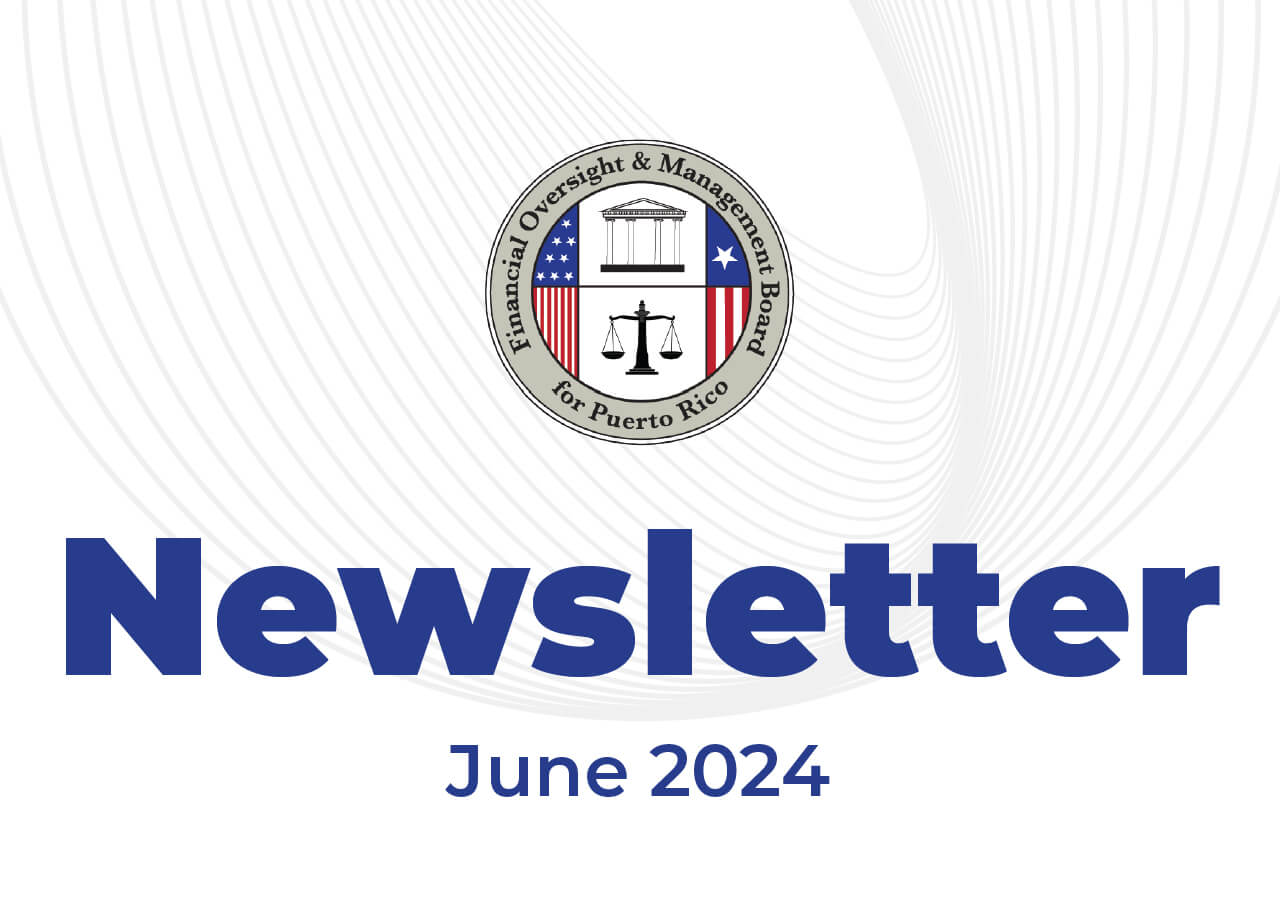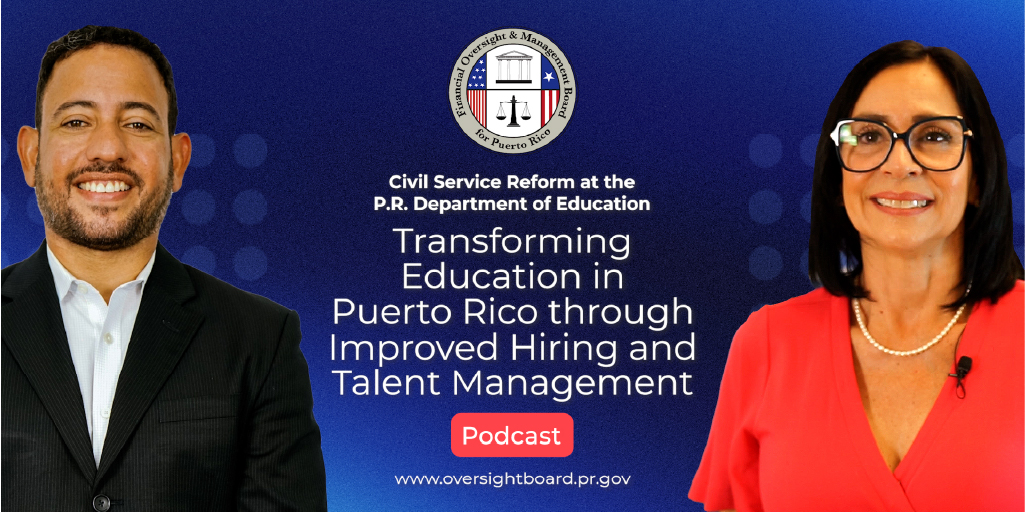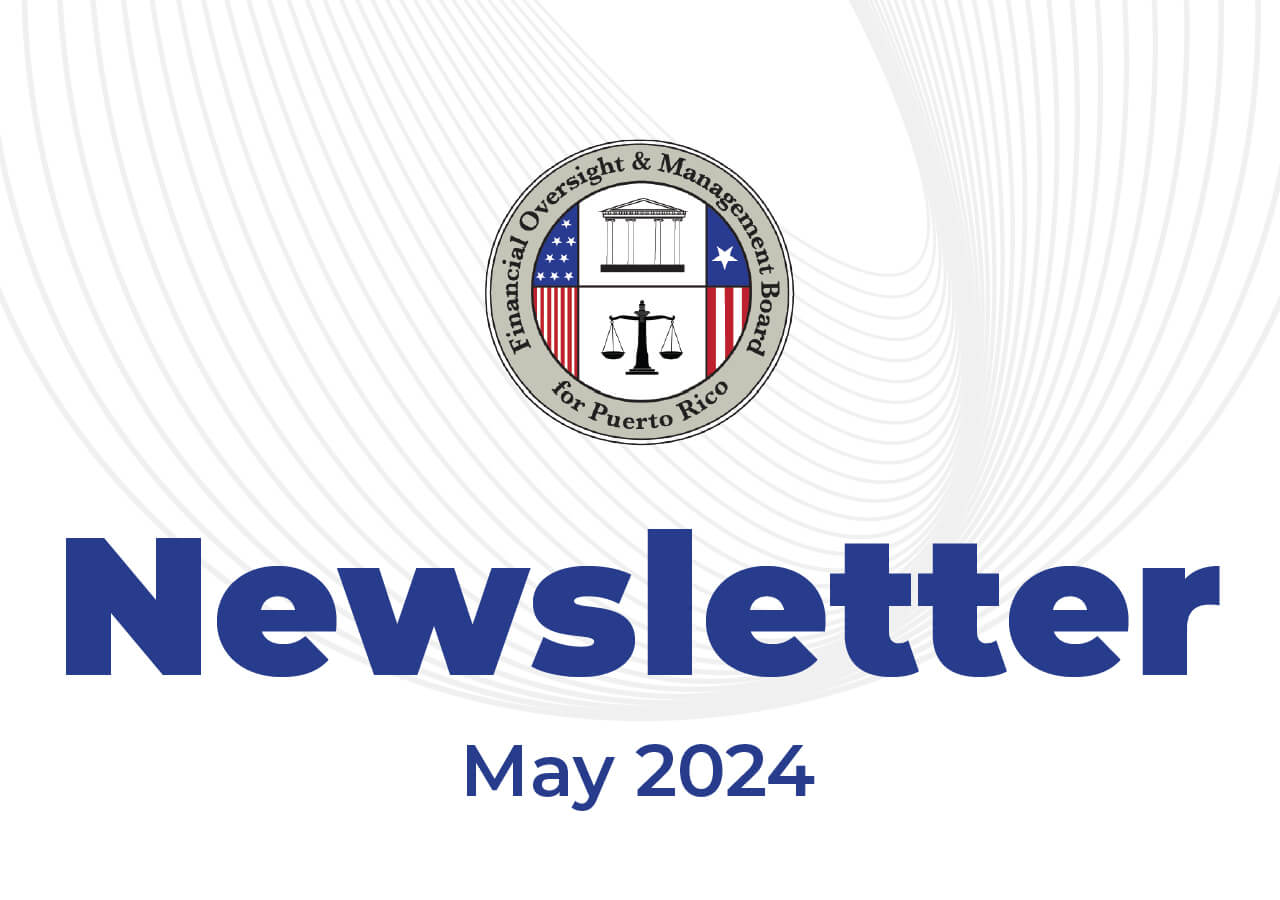This column was originally published in Spanish by Primera Hora on April 27, 2023
Ever since the Government and the Oversight Board created the Fiscal Plan together it has been a statement of priorities. Establishing priorities requires making choices – and sometimes difficult choices – to ensure that government expenses fit within expected financial resources. Many of the most difficult choices are behind us.
With the government’s bankruptcy completed, the new Fiscal Plan is focused on the choices and investments that will help to restore growth and prosperity to the people of Puerto Rico after the long period of crisis and economic decline. Economic growth is the key to unlocking Puerto Rico’s future. Every Fiscal Plan investment, every reform, every initiative, and every law must be viewed through that lens.
That is why the Fiscal Plan the Financial Oversight and Management Board for Puerto Rico certified earlier this month focuses on three pillars: a robust, effective public sector, critical initiatives to support economic development, and strong fiscal management and long-term financial stability to prevent Puerto Rico from falling back into crisis.
The Fiscal Plan includes substantial investments in the people and future of the Island, including nearly $460 million in capital expenditures and $230 million for civil service reforms and salary adjustments.
Another one of the largest investments is the Earned Income Tax Credit, a refundable tax credit that encourages low- and moderate-income families to file tax returns and claim all income by giving them a fully refundable tax credit – regardless of taxes paid. If you qualify, you can use the credit to reduce the taxes you owe – and maybe increase your refund.
Expanding the EITC has been a Fiscal Plan priority for many years. Working together with the government, the Oversight Board helped structure the expanded EITC program for Puerto Rico and support the legislature to enact it into law in 2021.
The benefits to EITC recipients are substantial: In 2021 the maximum benefit was as large as $6,500 and increases for inflation each year. More than 646,000 tax filers applied for the credit this year. This represents households with close to 1.5 million men, women, and children in Puerto Rico. In 2021, about 120,000 filers who did not file tax returns in 2019 or 2020 applied. It is likely many of these files were previously not part of the formal workforce.
The success of the EITC has, however, resulted in much higher costs than initially anticipated. While the benefits are clear, we must also be fiscally responsible and cautious. Puerto Rico will need to closely monitor whether the benefits are being accurately and equitably deployed, particularly to self-employed individuals and those claiming dependents. If strong compliance measures are not enforced, the Government may need to adjust the program to control the program’s overall costs.
Another important element of the Fiscal Plan is a collaborative approach to education reform that ensures the billions of dollars invested in our public schools translate into improved academic achievements. The Oversight Board will be engaging with the Government, leaders of Puerto Rico’s schools, educators, and non-governmental organizations to develop a plan that would achieve immediate, concrete, and measurable results.
The Oversight Board has long advocated for a truly comprehensive tax reform that can contribute to Puerto Rico’s competitiveness and contribute to economic growth. This is because the tax system has historically suffered from structural complexity, instability, internal inconsistency, inefficient administration, and inadequate enforcement.
As the government decides how to evaluate a potential tax reform, the Fiscal Plan outlines five key principles of any successful reform:
- Affordable and provide funding for essential services
- Focus on broadening the tax base and lower tax rates
- Simple to administer and fair
- Rates, credits, deductions, and other alterations firmly established in the tax code
- Avoid or limit tax expenditures
Any potential reform must be fiscally responsible. It should not reduce government revenue.
We are putting Puerto Rico’s bankruptcy behind us, and now have a fiscal plan that invests in several key areas to help improve the growth prospects for the Island. We still have a lot of work to do. By collaborating and working together, we will be able to restore prosperity.
Robert Mujica is the Executive Director of the Financial Oversight and Management Board for Puerto Rico. He joined the Oversight Board after a long and distinguished career in New York State Government, most recently as Director of the Budget.

